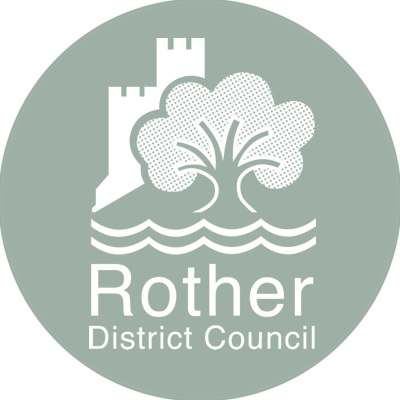Agenda item
Medium Term Financial Plan 2020/21 to 2024/25
Minutes:
Members considered the report of the Executive Director which set out the latest forecast budget for 2020/21 and updated the Medium Term Financial Plan (MTFP) for the period 2020/21 to 2024/25. The report gave Members the latest view of the Council’s likely finances over the five year period, ahead of confirmation of Government funding and a number of other factors that would affect the Council’s finances. The Committee’s views were sought on the financial considerations outlined in the report to be reflected in the Council’s MTFP and the following points were noted:
· Budget Process: The Council had introduced a new three phased budget process. The third phase would commence in January 2020, once the Government settlement had been announced.
· Local Government Settlement 2020/21: The Council no longer received Revenue Support Grant and was budgeting for a net retained income from business rates for 2020/21 of £3.5m; a fall of £3.1m. Members noted that the Spending Review and Business Rates reset had been delayed. It was anticipated that the 2020/21 funding levels would rollover, including the Homelessness Support Grant. The Government’s technical consultation proposed that the Council Tax Referendum limit be reduced from 3% to 2%.
· Non Domestic Rates (Business Rates): The Council was currently part of the Government’s East Sussex 75% business rate retention pilot which was scheduled to conclude by the end of the financial year. Delegated authority was required for the Assistant Director, Resources to finalise the Council’s participation in the reformed East Sussex Business Rate Pool. The Council could retain up to 50% of business rates growth.
· News Homes Bonus Grant (NHBG): The five year forecast assumed that the NHBG would be reduced so that by 2021/22 there would be no reliance on this funding.
· Council Tax: The forecast currently assumed an annual increase of 2% which would generate additional income of £137,000. An increase of £5 per annum would generate a further £54,000 of income.
· Cost Pressures: It was predicted that the base Revenue Budget would increase as a result of the new waste collection contract, homelessness demands, staffing costs based on the current workforce.
· Rother 2020 Programme – Income Generation and Cost Savings: The programme had broadly delivered or identified £1.8m of additional income and savings.
· Five Year Forecast: Reserves of £4.8m would be required to support a balanced budget by 2024/25, as well as £2.5m to support the Capital Programme.
· Cost Saving and Income Generation (Rother 2025): Additional savings would be required from the Council’s Lean and Demand Project. Investment in technology would be required to improve Council efficiencies. Officers would be reviewing service provision, priorities and devolvement opportunities. Approximately £2.2m additional income by 2024/25 was anticipated from the Council’s Property Investment Strategy. A reduction in staff would be required through voluntary or compulsory redundancies or the deletion of vacant posts. Increased shared services across local authorities would be explored.
· Revenue Reserves and General Fund Balance: The Council’s usable reserves were expected to be £14.8m by the end of the financial year. The current MTFP estimated that £4.8m of reserves would be needed to support the Revenue Budget over the next five years. Due to estimated inflated costs, the latest five year forecast showed an increased use of reserves of between £5.3m and £6.5m between 2020/21 and 2024/25.
· Budget Consultation: Would be held between 3 December 2019 and 31 January 2020. The final outcome would be reported to the Committee on 27 January 2020 and Cabinet on 10 February 2020.
The need to address the reduction in Government funding and balance this with the ambition to deliver the best services the Council could, along with the aim to continue to invest in the district, was a significant challenge. Despite many pressures, the Council had been able to deliver a balanced budget via sound financial management and an imaginative programme to deliver extra income and cost savings. With the level of reserves and a commitment to sensible borrowing in line with CIPFA’s Prudential Code, the Council had created an ability to invest in its area, transform the delivery of its services and find new ways of working to create a sustainable budget. However, the report showed that to meet the latest challenge, the Council had to continue to deliver on the income and savings targets. Failure to do so would impact on the Council’s ability to meet its statutory obligations.
RESOLVED: That the Overview and Scrutiny Committee recommend to Cabinet:
1) that the financial issues considered in this report be reflected in the Council’s Medium Term Financial Plan;
2) that the Council maintain its policy of maximising the annual increase in Council Tax within the Government’s referendum limit;
3) that the Council continues to be part of the East Sussex Business Rate pool in 2020/21 and that the Assistant Director, Resources be given delegated authority to finalise the necessary agreement with the Member authorities in consultation with the Cabinet Portfolio Holder for Finance; and
4) that the current Council Tax Reduction Scheme be affirmed and continue for the 2020/21 financial year.
Supporting documents:
